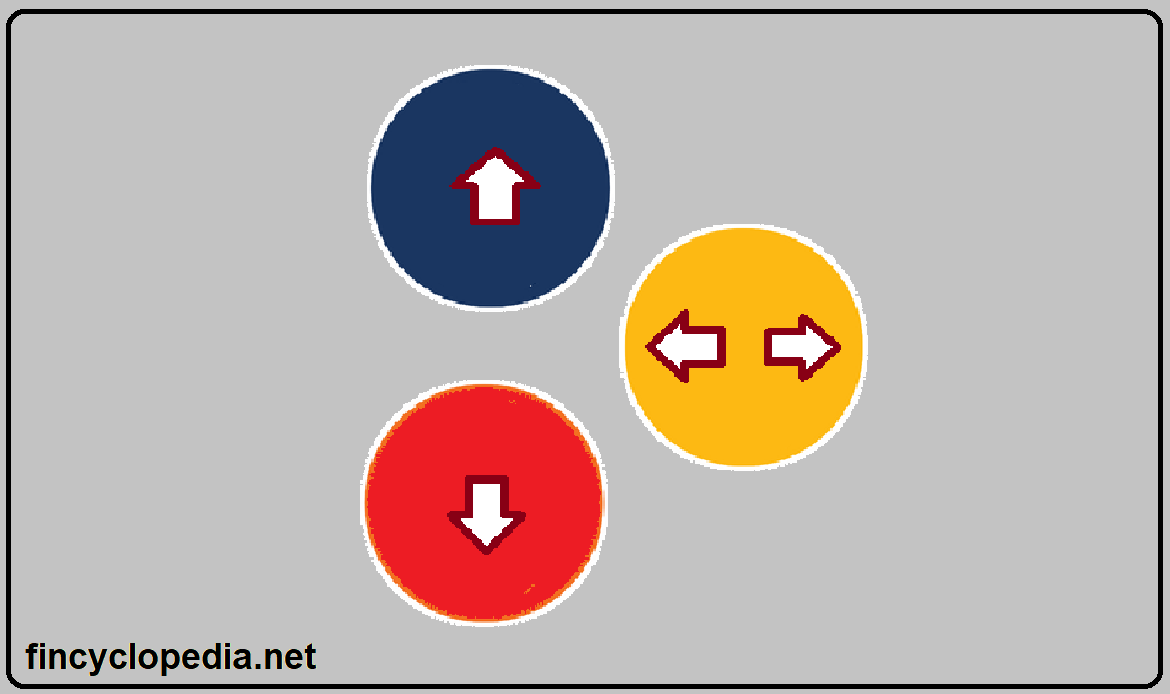A financial asset is an asset that has no physical characteristics, but rather derives its value from a monetary basis, a contractual claim, or a contract whose settlement may affect the holder’s own equity, whether it is a derivative contract or non-derivative contract.
Examples of financial assets whose value is derived from a monetary basis include monetary assets such as cash or cash equivalent and bank deposit. The contractual claim gives a holder the right to receive an amount of money (cash or otherwise) or another financial asset from another party or to exchange financial assets/ financial liabilities with another party under favorable conditions. Financial assets mainly include cash,accounts receivable (A/Rs),loans receivable; and investment securities (common shares, fixed income investments).
On the other hand, a monetary asset is a type of financial asset that constitutes money (cash) held in, and assets whose value can be converted into, a fixed or determinable amount of money (cash). For example, a cash amount is a monetary asset and it will maintain its monetary value/ numerical value over time. However, under accounting principles, a monetary asset doesn’t gain or lose value over some time. In reality monetary assets may be impacted by inflation or deflation, and as a result their real value doesn’t remain fixed over the long run, and even over the short run in specific cases. Monetary assets include cash, investments, accounts receivable, and notes receivable.







